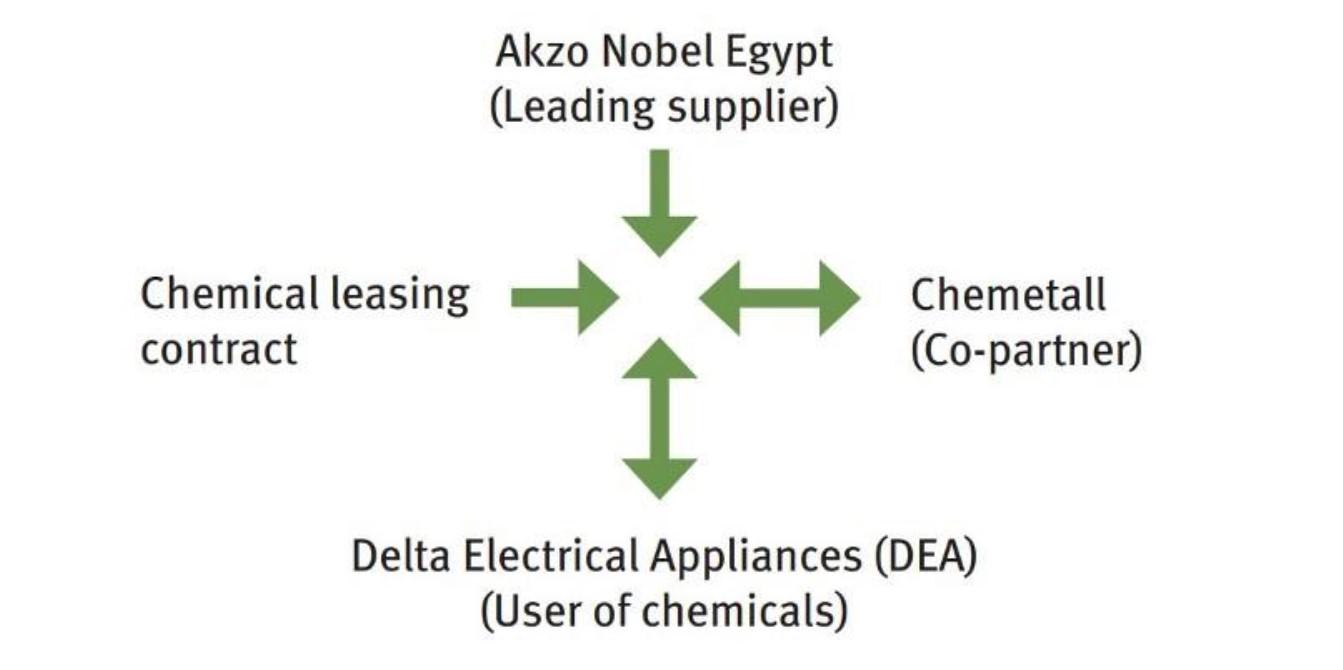
Cover photo by Darrel Und
Performance-based business models revolutionize the customer relationship, moving beyond product sales to prioritize delivering tangible results, thereby unlocking new opportunities for startups and enterprises.
Customers pay for the achieved outcome, not the product itself.
Not only do performance-based models boost customer satisfaction, but they also stimulate innovation and sustainability. These models are essential for thriving in today's competitive markets.
Measurable metrics are indispensable for managing performance-based collaborations. We implement PoC methodologies to assess the feasibility of projects involving institutions, startups, and technology companies. (How PoCs Help Businesses Unlock Startup Potential)
Let's look at various sectors that have successfully implemented performance-based business models.
Lighting as a Service (LaaS)
Signify's Lighting-as-a-Service (LaaS) model, implemented at Nexans' Cortaillod facility in Switzerland, has yielded significant energy efficiency and cost reduction benefits. By adopting a service-based approach rather than traditional ownership, Nexans has been able to focus on its core business while entrusting its lighting solutions to Signify. As a result, Nexans has reduced its lighting costs and prevented 300 tons of annual CO2 emissions. (Nexans partners with Signify to foster our decarbonation journey in Europe)
Energy as a Service (EaaS)
Coop Innlandet partnered with Aneo Retail and Danfoss to implement an Energy-as-a-Service (EaaS) model for their refrigeration systems. By transitioning from F-gas refrigerants to CO2 technology, they achieved a 50% reduction in energy consumption, saving over 3 million kWh annually and avoiding 1650 tons of CO2 emissions. Aneo financed and managed the project, with Coop paying a monthly fee based on usage. This EaaS model has proven successful, leading to further expansion and energy savings across additional stores. (Driving Efficiency in Retail with Refrigeration-as-a-Service in Norway)
 Chemical Leasing
Chemical Leasing
Delta (DEA), a manufacturer of washing machines in Egypt, has adopted a chemical leasing model for its dyeing processes. Traditionally a mere supplier of dyes to DEA, Akzo Nobel and Chemtall have embarked on a joint innovation process. Instead of selling chemicals, they now provide DEA with a turnkey solution for surface treatment, electroplating, and electrostatic powder coating. This approach has led to a 15-20% reduction in chemical consumption, a 50% reduction in powder coating consumption, and a 15% decrease in the total cost per washing machine. Additionally, rework and scrap rates have dropped to 1.5%, and sludge waste has been reduced by 10%, resulting in decreased wastewater usage and enhanced compliance with REACH regulations (Registration, Evaluation, Authorization, and Restriction of Chemicals)(Chemical leasing: A global success story)
 Infrastructure as a Service (IaaS)
Infrastructure as a Service (IaaS)
Menarini Turkey faced challenges in market access during the pandemic, leading to increased reliance on digital solutions and infrastructure. To address these issues, they adopted an IaaS cloud model, consolidating infrastructure and network services. This approach resulted in a 40% cost reduction, improved efficiency, and enhanced security. Key benefits include faster project implementation, optimized resource management, and reduced operational risks. (Infrastructure as a Service (IaaS) Hizmet Olarak Altyapı)
Effective coordination among internal and external stakeholders is key to implementing strategic, customer-centric innovations.